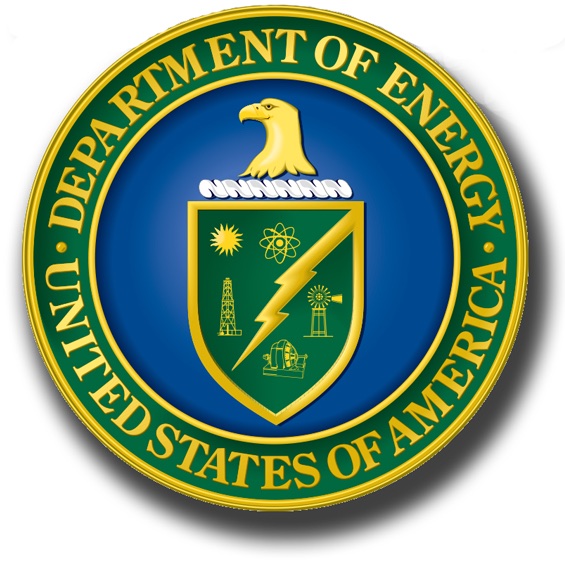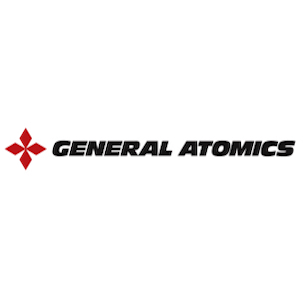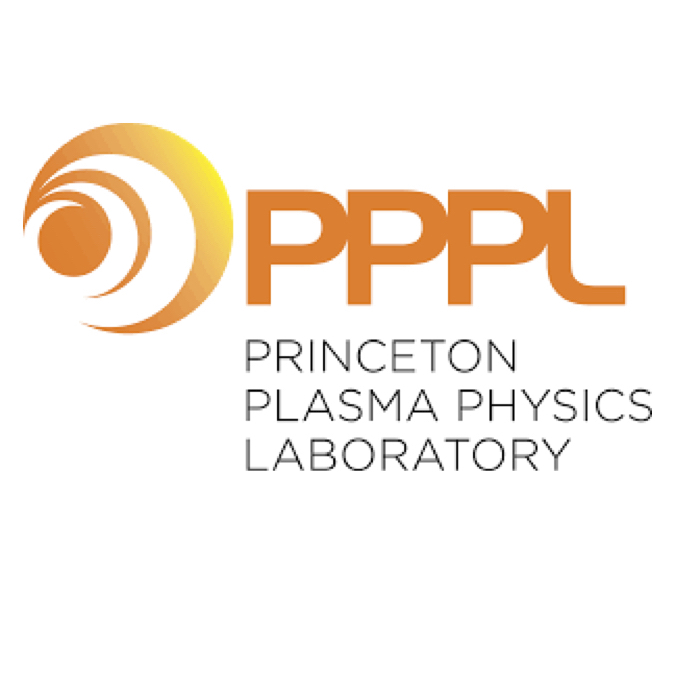Towards Efficient and Practical Models for Energetic Particle Transport in Tokamaks
T. Rafiq, C. Wilson, J. Weiland, L. Whitall, E. Schuster
65th Division of Plasma Physics (DPP) Annual Meeting of the American Physical Society (APS)
Denver, CO, USA, October 30 – November 3, 2023
In addition to alpha particles, ICRH and NBI also heat the thermal plasma,
increasing the temperature of tokamak plasmas. As fusion power surpasses
input heating power in devices like ITER, alpha or energetic particles
play a crucial role in plasma heating and can potentially trigger particle-driven
instabilities. These instabilities may cause cross-field transport of
energetic ions, leading to reduced plasma heating and altered power deposition
profiles, affecting thermal plasma confinement. Understanding the physics
of energetic ion-driven instabilities and associated heat and particle
transport across the plasma confinement is crucial due to the significant
role of energetic particles in fusion plasma. Accurate modeling of energetic
particle transport is essential for comprehending and controlling these
processes. However, current transport models for energetic particles in
tokamaks are complex and computationally intensive, making them impractical
for time-dependent plasma profile predictions and control. Hence, there
is a need for physics-based fast transport models that can efficiently
and accurately predict energetic particle transport while preserving the
essential physics. The energetic particle transport model, which incorporates
basic resonances as well as resonance broadening, is provided, as are
preliminary numerical results.
*Supported by the US DE-SC0013977.







